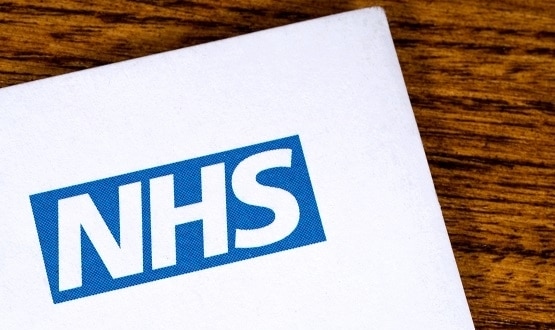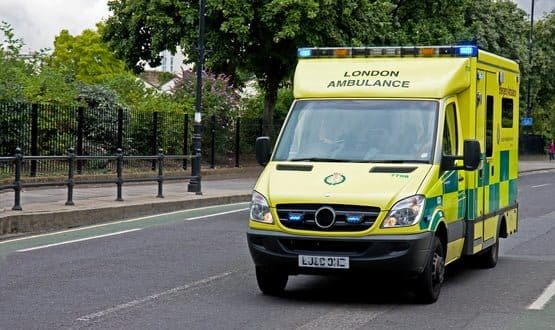Public Accounts Committee accuses ESN vendors of creating ‘perverse incentives’
- 17 July 2019

The Public Accounts Committee (PAC) has criticised an ongoing project to update communications systems for emergency services, accusing Motorola of using its position in the contract to its advantage by creating “perverse incentives”.
The ongoing plan to replace the Airwave with the new 4G Emergency Services Network (ESN) has been fraught with delays, anticipated to go £3.1 billion overbudget and miss its go-live target by at least three years.
A scathing report by the National Audit Office (NAO) suggested that much of the technology required to make the new communications system work is not yet ready, adding that the Home Office does not even have a grip on how different elements of the network will inter-operate.
In a new report, the Public Accounts Committee suggested that the Home Office had painted itself into a corner by extending its existing contract with Motorola – which is involved in both the new and the old contract – resulting in “perverse incentives and putting the department in a weak negotiating position”.
“Given its previous negotiation to extend Airwave achieved only a 5% discount, and given Motorola, which is a key supplier to ESN, has a monopoly position as Airwave’s owner, we are concerned that the Department has limited leverage to secure value for money in any future extension of Airwave contract,” the report stated.
The ESN is now not anticipated to realise cost-savings by at least 2029.
PAC Chair Meg Hillier, MP, said: “The endless delay in delivering a new system for our emergency services to communicate and share data is creating a crisis of confidence as police, fire and ambulance no longer have trust in the new system being delivered.
“Neither the emergency services, nor the PAC, are convinced that the Home office has a credible plan to deliver a reliable and effective service anytime soon. In the meantime, services are having to find workarounds and buy new equipment to prop up the old Airwave system.
“The Home Office’s reset of the Emergency Services Network programme has failed to deliver any more certainty. The financial benefits originally predicted for this programme are rapidly evaporating and it will not now realise cost savings, on the most optimistic forecasts, for at least a decade.
“The key technology behind the ESN is not yet fully proven and we were not convinced that the Home Office has the capability and plans to deliver a coherent single system that provides the functionality and dependability the emergency services demand.”
The report argued the Home Office was “far too optimistic” about the timescales involved in delivering ESN, further suggested the Department ignored early red flags.
“An unhealthy, ‘good news’ culture in the Department meant it failed to heed warning signs that the programme was undeliverable,” it said.
“Many of the issues with the Department’s original approach were foreseeable and should have been challenged earlier. For example, the Department could have taken a more incremental approach from the start and should have allowed more time to get planning permission for sites on which to build masts.
“We have been warning that ESN is a high-risk programme since 2016, but only now does the Department accept that it was too optimistic about how long it would take to build ESN.”
The PAC report has laid out four recommendations for the Home Office to mitigate further delays and costs to the project:
- The Department should write to the [PAC] Committee by October 2019 setting out the steps that it has taken to: improve senior oversight of the programme; ensure assumptions are subject to appropriate challenge; and to make sure the findings of independent assurance reviews are widely shared and taken seriously.
- The Department should, without delay, agree with users a set of specific and detailed criteria that will be used to determine when ESN is ready to replace Airwave, and who will ultimately decide when those criteria are met. The Department should, without delay, agree with users a set of specific and detailed criteria that will be used to determine when ESN is ready to replace Airwave, and who will ultimately decide when those criteria are met.
- Before contracting with a new delivery partner, the Department should analyse the skills and tasks needed to integrate ESN, how any skills gaps will be filled, and how lessons from the failure of the KBR contract will be applied to the new delivery partner contract.
- The Department should write to the Committee by October 2019 setting out how it will manage the risks presented by Motorola’s position and the possible need to extend Airwave until it can be replaced by ESN.
- The Department should ensure it delivers a revised and approved business case, which both the emergency services and the other funders of ESN support, by the end of 2019 at the latest. The business case should include an appraisal of when continuing to spend money on ESN ceases to be value for money and should set out a ‘plan B’ for what would happen if that point was reached.




